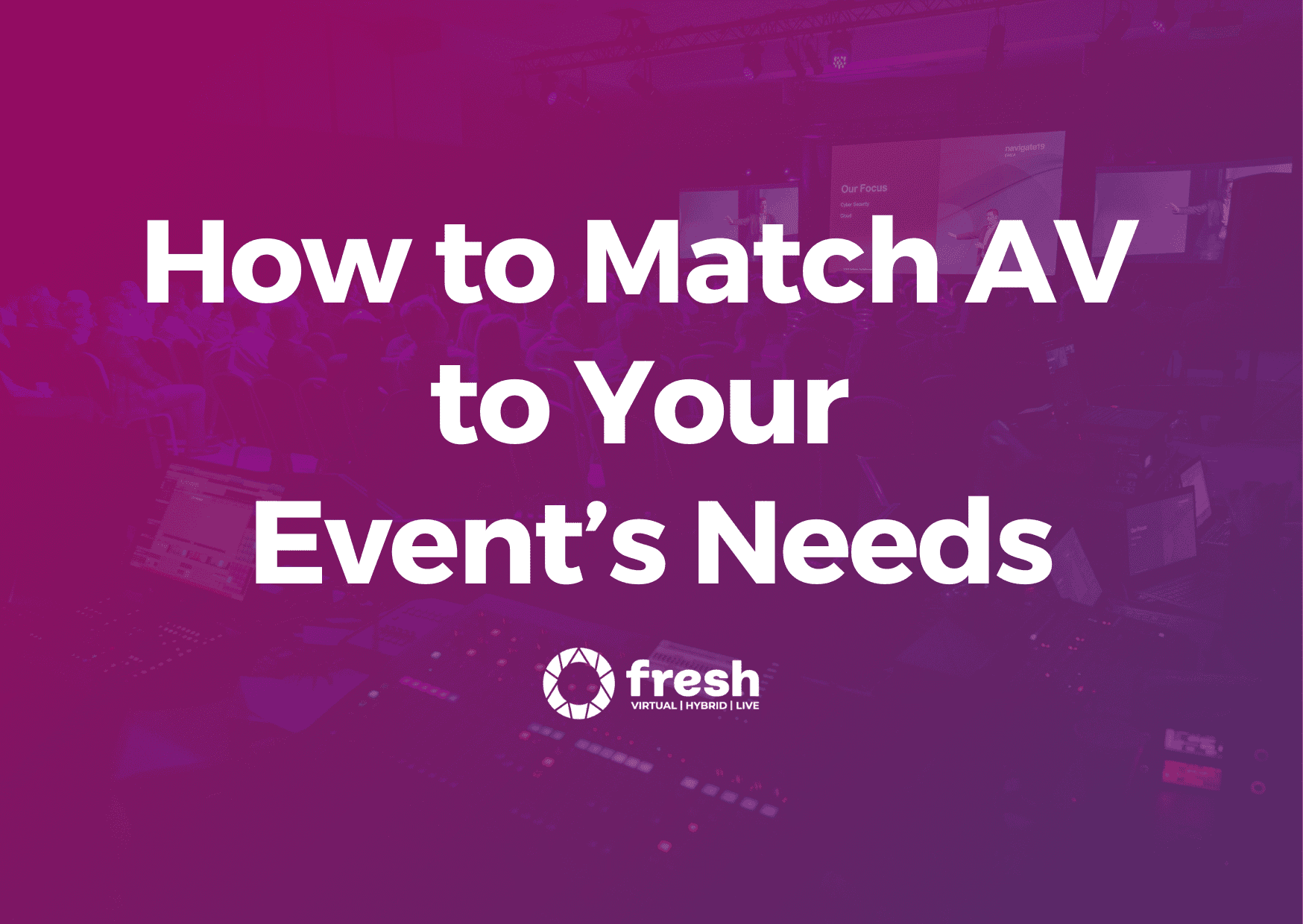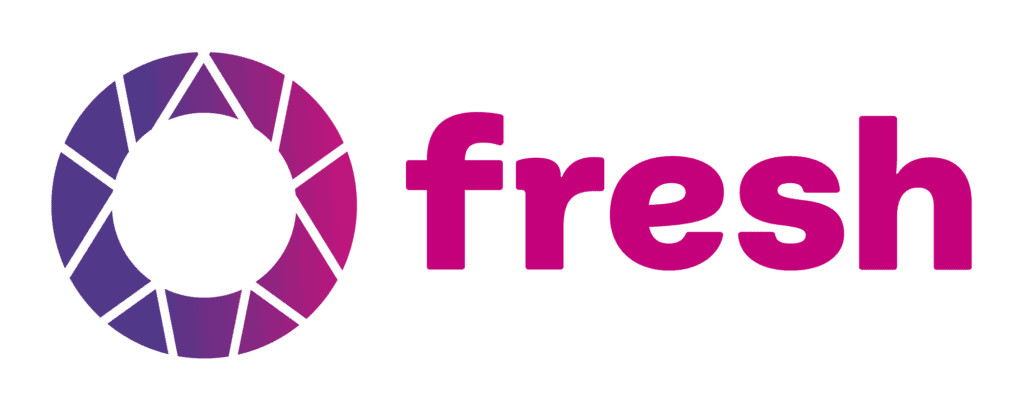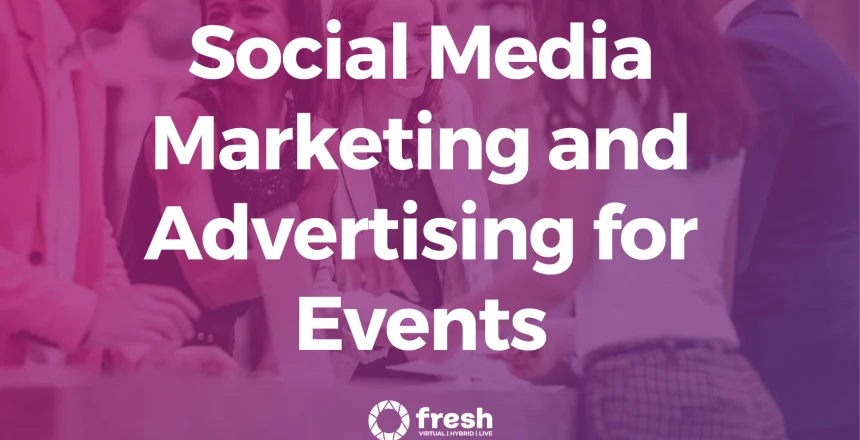Event promotion, social media marketing and advertising have emerged as powerful tools, reshaping the way organisers connect with their target audience. Leveraging the vast user base and diverse platforms, social media has become an indispensable component for successfully driving attendance and engagement for events of all scales.
Targeted Reach through Demographic Insights
One of the key advantages of social media marketing for events lies in its ability to provide unparalleled access to user demographics. Platforms like Facebook, Instagram, and X offer robust analytics, allowing organisers to precisely target their promotional efforts based on factors such as age, location, interests, and online behaviour. This targeted approach ensures that promotional content reaches the most relevant audience.
Engaging Content Strategies
Social media platforms thrive on engaging content, and event organisers can capitalise on this by crafting compelling narratives. Utilising a mix of visually appealing graphics, videos, and interactive content can create a buzz around the event. Live updates, behind-the-scenes glimpses, and interactive polls contribute to audience engagement, fostering a sense of anticipation and excitement.
Influencer Collaborations for Authenticity
In the realm of social media, influencers wield significant influence over their followers. Collaborating with relevant influencers in the event’s niche can amplify reach and lend authenticity to the promotional efforts. Influencers bring their unique voice and audience connection, providing a more personal recommendation that resonates with potential attendees.
Paid Advertising for Visibility
While organic reach is valuable, paid advertising on social media platforms can significantly enhance visibility. Platforms offer a range of advertising options, from sponsored posts to targeted ads, allowing event organisers to allocate budget effectively. Paid campaigns can maximise exposure and reach a broader audience beyond organic reach limitations.
Community Building and Engagement
Social media provides a platform for building a community around the event. Event pages, groups, and hashtags create a centralised space for attendees to connect, share experiences, and build anticipation. Event organisers can actively participate in these communities, fostering a sense of belonging and loyalty among attendees.
Real-time Analytics for Optimisation
The beauty of social media lies in its real-time nature, and this extends to analytics as well. Event organisers can monitor the performance of their campaigns in real-time, allowing for agile optimisation. Insights gathered during the promotion phase can inform strategic adjustments, ensuring that efforts are focused on the most effective channels and content types.
So in summary, social media marketing and advertising have become indispensable tools for event organisers seeking to create impactful promotional campaigns. The ability to target specific demographics, engage audiences through compelling content, leverage influencer partnerships, utilise paid advertising, build communities, and optimise strategies in real-time positions social media as a cornerstone in the success of modern-day events. Embracing these strategies can turn social media platforms into dynamic hubs for event promotion, driving attendance and creating memorable experiences for participants.
Chat with our team today
Read More
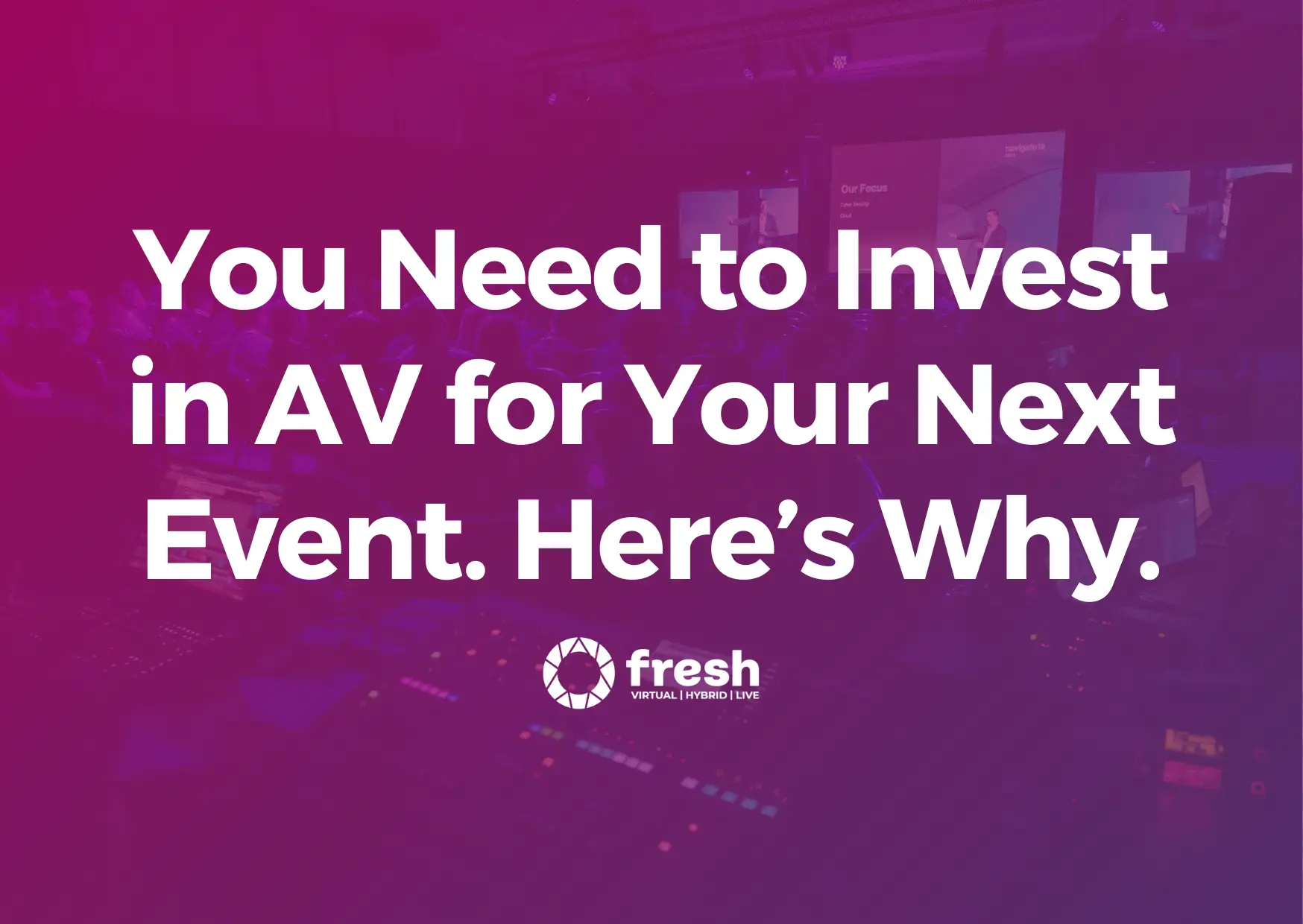
You Need to Invest in AV for Your Next Event. Here’s Why.
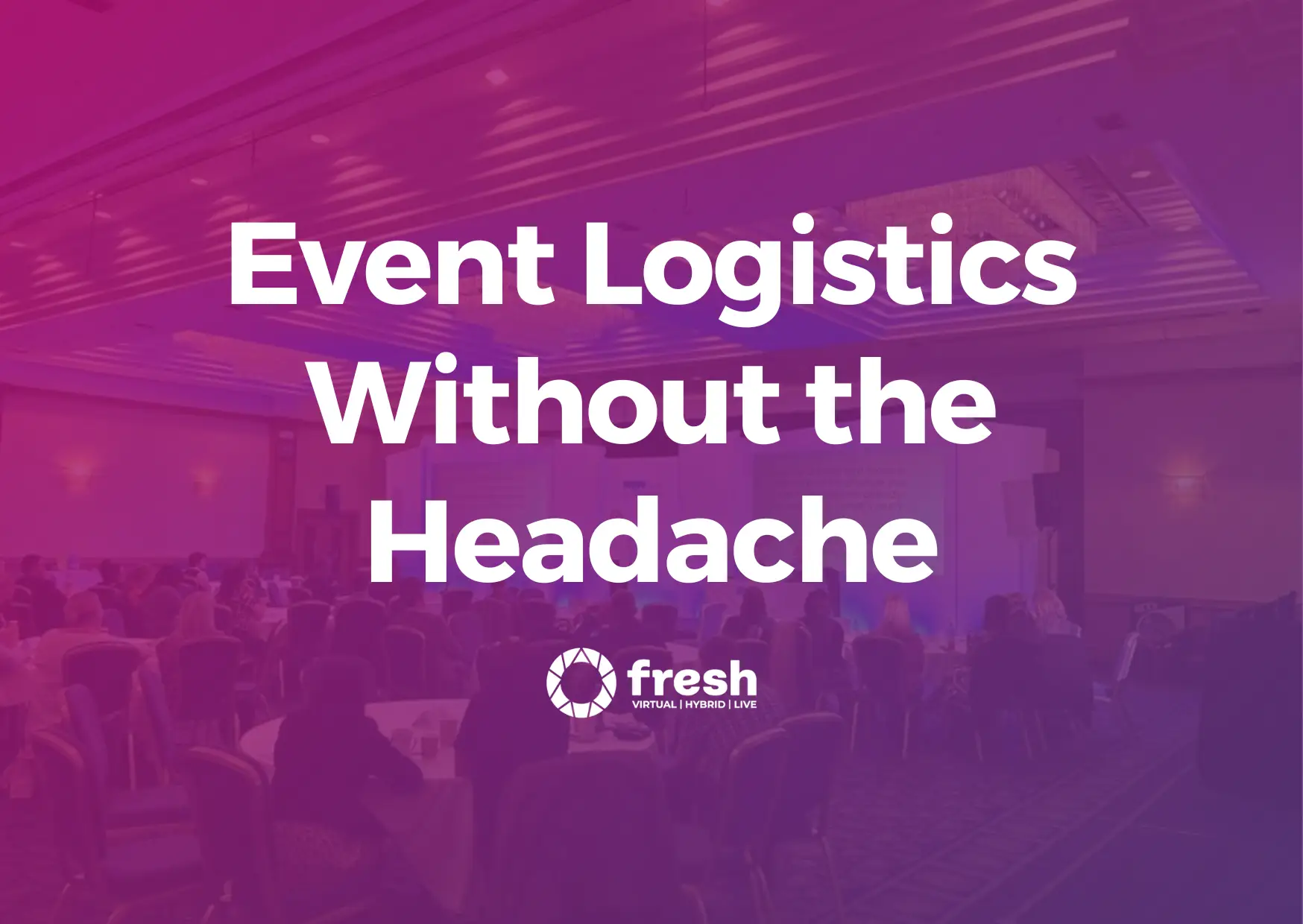
Event Logistics Without the Headache: How to Keep It Fresh (Literally)
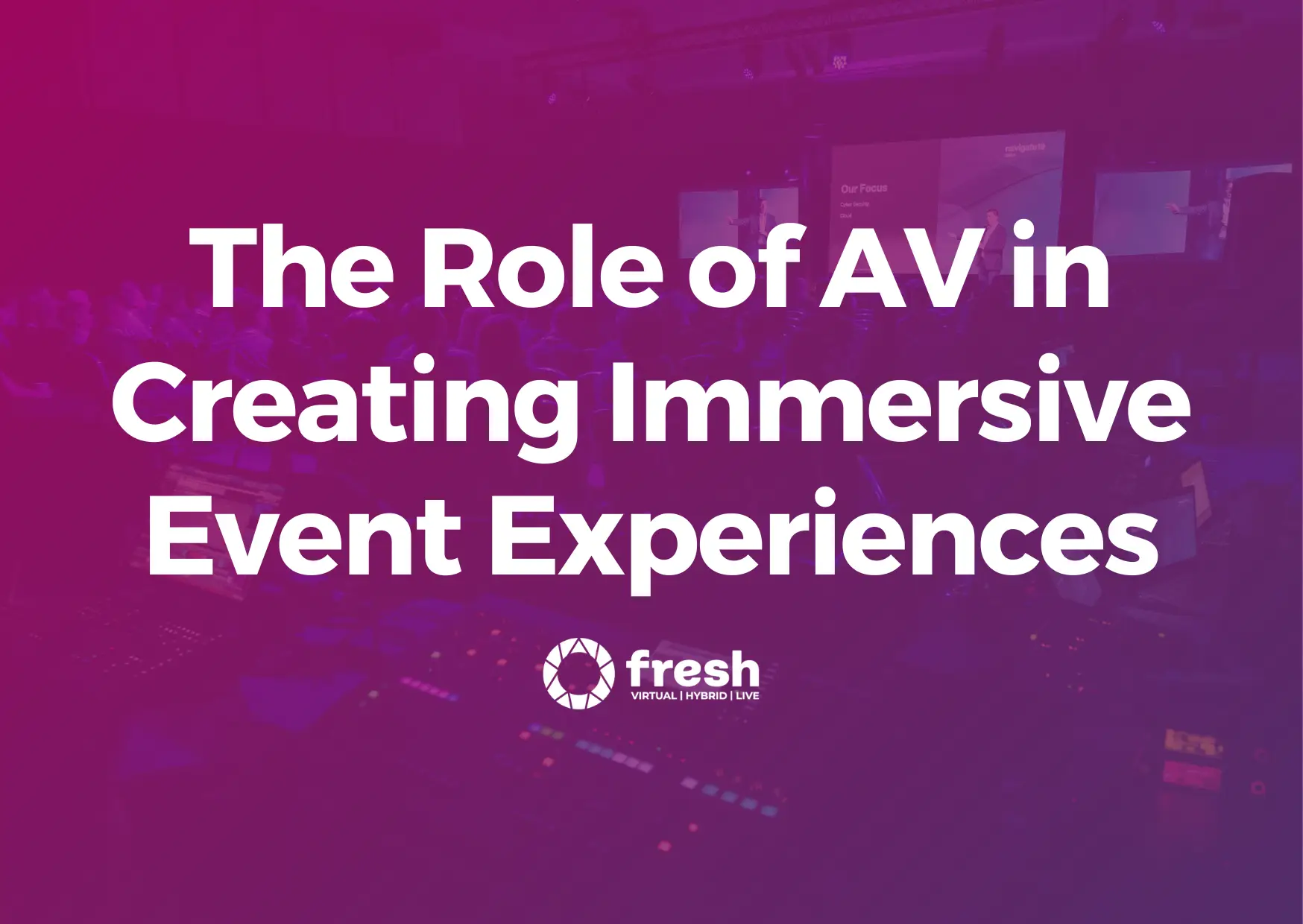
The Impact of AV Technology in Creating Immersive Event Experiences
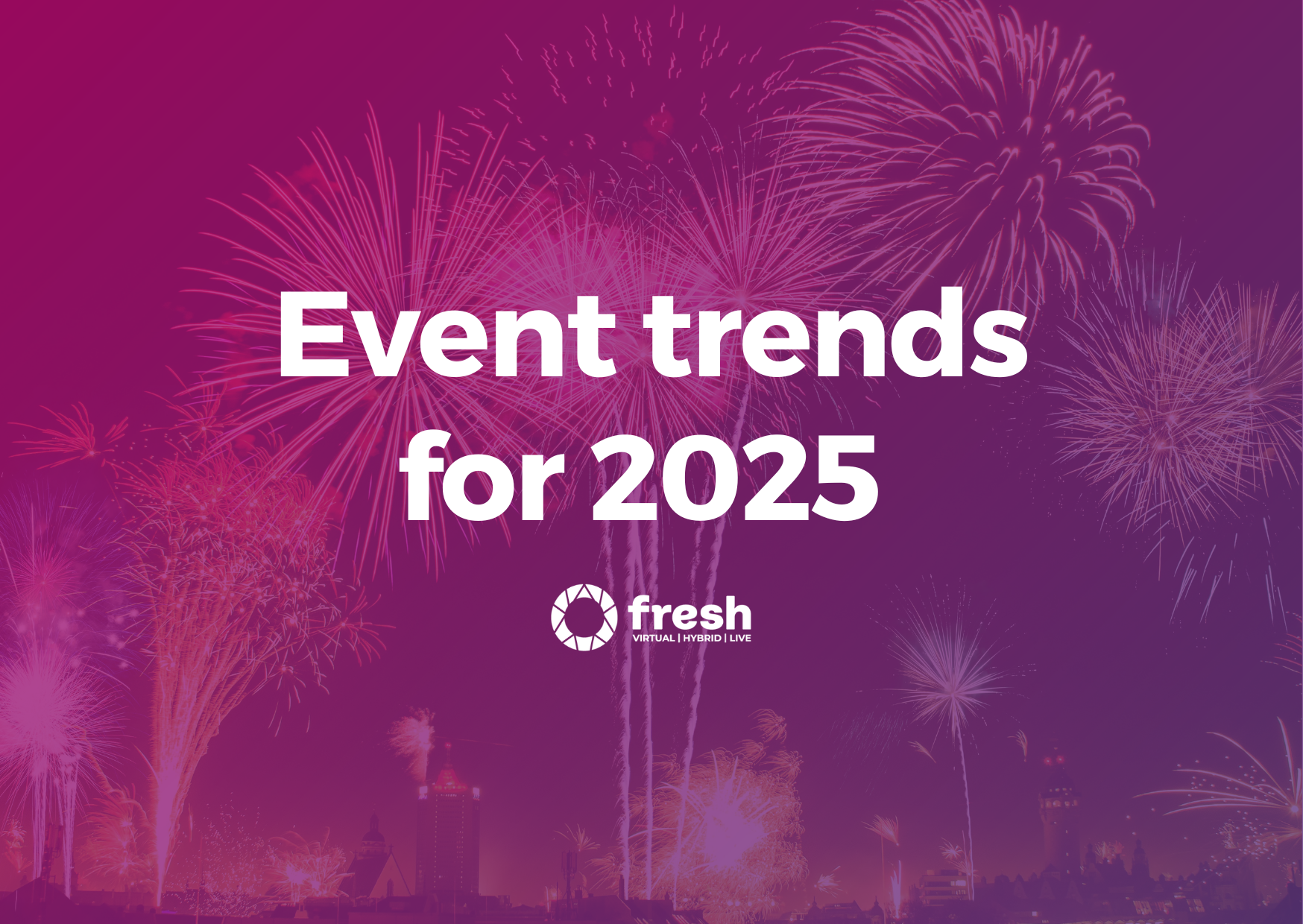
Top Event Trends for 2025: AV, Logistics, and Videography
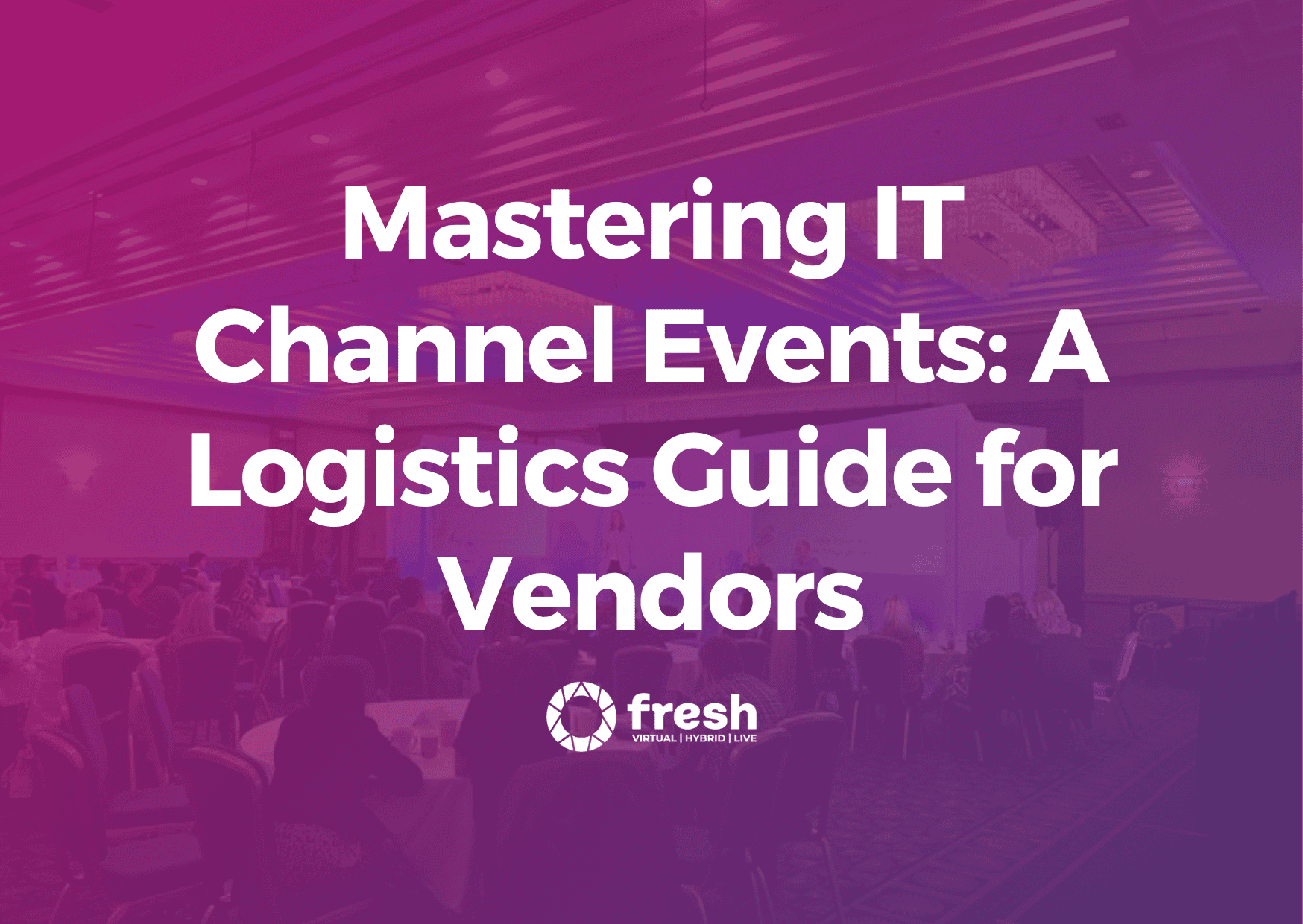
Mastering IT Channel Events: A Logistics Guide for Vendors
